Harper, George, and Alex are pseudonyms given to protect the students’ identities.
All that remains are the corners. Held in place by thin stripes of tape, they stand testament to what once was: an enthusiastic advertisement for SAGA, the Sexuality and Gender Alliance. In stairwells and hallways across the school, torn-down SAGA posters have been spotted multiple times since.
After it was brought to Principal Brian Shillingburg’s attention that SAGA posters were being torn down, he said the administration took steps like checking cameras to identify the perpetrators, but their response has been met with frustration from LGBTQ+ students.
“I feel like a lot of us feel abandoned by teachers and principals, especially when teachers themselves say things that are homophobic or exclusionary,” Harper, a SAGA officer who uses they/them pronouns, said. “While principals, in general, say that they’re handling it, and they may have done some stuff to handle it, it largely feels like it doesn’t provide a real solution, and it feels it’s brushed under the rug.”
George, a trans student who identifies as pansexual, said he was shocked to hear slurs toward trans people thrown around in one class, but having supportive teachers – whether through displaying pride flags, condemning hate speech, or asking for pronouns – made a difference.
“I just know Ms. Nevils, the previous SAGA sponsor, she had a pride flag in her room, even though she’s not a part of the community,” George said. “It just made me feel really safe in her classroom.”
AP Physics I and astronomy teacher Christopher Turner became the SAGA sponsor after Gigi Nevils left last year. He said the best memories are often the meetings.
“The group of kids that come to the meeting, the people that are here, they are very accepting of each other and they’re very open with each other,” Turner said. “They feel safe when they come to the meetings and they’re able to express themselves freely and they understand each other better.”
In a RoundUp survey of over 200 students, 18% of respondents identified as LGBTQ+, though nationwide, the percentage is much smaller, at around 7%. SAGA is the primary student organization serving the schoolwide LGBTQ+ population.

“I think in general when you are around people who relate to you a lot and experience the same thing as you, you feel a lot less alone and a lot less like there’s something wrong with you and you can feel better about yourself,” Harper said. “For me, having more queer friends and being more of a queer activist has made me realize there is nothing wrong with me and made me proud of who I am.”
Harper said their position in SAGA is an opportunity to help others in the community through projects like an inclusivity assembly, which is currently in progress.
“That and other projects makes me feel more hopeful about improving the school, but there are other parts of my experience, like the fact that people are kind of scared to join the club or people in the club are scared because the posters are being ripped up and because people are saying literal hate speech, that make[s] it hard, especially as officers,” Harper said. “I feel like sometimes the anger people have for the club [is] targeted against me, and I wish other people felt more safe.”
This dichotomy is a common theme – Alex, a SAGA member who identifies as lesbian and genderfluid, said that though joining the club was a positive experience, brushes with homophobia were hard to ignore.
“Joining SAGA opened me up to having so many new friends and I’ve had a really positive experience besides the tearing down posters, the hate speech sent on our Instagram, socials, discords, all of them,” Alex said. “So besides that, the community is really nice, really fun. It just made me realize how much homophobia was in our school though.”
In the same RoundUp survey, over 20% of respondents disagreed that LGBTQ+ students should feel welcome and be accepted; approximately 26% disagreed that LGBTQ+ organizations should be allowed to exist on campus.

“I think it’s crazy how people are trying to tear down the one community for us in school,” Harper said. “They’re like ‘We don’t want you in the school, we don’t want you guys to be publicly here’. That’s kind of the message that I’m getting.”
Unfortunately, torn-down posters are not isolated incidents. In the RoundUp survey, over 43% percent of respondents reported witnessing discriminatory acts against LGBTQ+ students on campus, something that Turner said can prevent students from joining SAGA.
“They feel like they can’t join the club because then they would be singled out,” Turner said. “Even if they were just an ally, they’d be singled out and they’d be treated differently because of that.”
Though Turner said that most of the homophobia that people experience, at least in person, is the “quiet kind” – like being given the cold shoulder, or having the door closed in your face – their experience online is often much worse. The RoundUp survey found that over half of respondents, 58%, had witnessed discriminatory acts against LGBTQ+ students off-campus and digitally.

“If I post something related to my sexuality or something, I’ve had comments of people saying really negative things,” junior Adrienne Francisco said. “I’ve had death threats before, but I’ve never really cared much about it [be]cause it’s random people on the internet. I don’t post often about [my sexuality], but yeah it’s only happened a couple times.”
Harper says that they have also been subject to slurs and physical threats through Instagram – something that, according to a Pew Research Center survey, is unfortunately a relatively common experience. Its data shows that 58% of LGBT adults have been subject to slurs or jokes and 30% have been threatened or physically attacked.
“On rare occasions, I’ll have someone threaten to rape and kill me,” Harper said. “Someone found my Instagram and he started calling me slurs and said that he was going to beat me up. I don’t even know who that was.”
Many factors can play into individual attitudes toward the LGBTQ+ community, but one prevailing common thread is religion.
“The more connected someone is to a conservative, fundamental religious upbringing, the more likely they are to have a negative view,” Turner said. “It’s one I very rarely see with anyone that doesn’t have a religious upbringing: fundamental Christianity, fundamental Islam, fundamental Judaism. They all have tenets in their religion that essentially teach the hate and it’s rare to have that go a different way. There are of course people who are religious who don’t have those views, but the fundamental viewpoint, they tend to have a negative view.”
According to a survey by Pew Research Center, religious affiliation is shown to play a role in attitudes toward homosexuality; for instance, in the United States, only half of religiously affiliated adults say homosexuality should be accepted by society, whereas over 80% of religiously unaffiliated adults say the same.
“I’ve been to multiple different churches, and they’ll be like, ‘Gay is wrong’, and they’ll use the verse, ‘Man shall not lay with boy,’ which is saying no pedophilia, but people take it as he’s saying ‘no gay people’,” Alex said. “I’ve heard hate speech in church being like ‘We don’t support this, trans is wrong, they’re just trying to get to our women and our children’.”
Generational differences are also present in attitudes toward the LGBTQ+ community. For instance, in South Korea, 79% of 18- to 29-year-olds say homosexuality should be accepted by society, compared with only 23% of those 50 and older.
“More traditional, older generations of Filipinos, I do think that they would not approve of my sexuality,” Francisco said.
Between countries, the percentage of the national population saying homosexuality should be accepted by society ranges from 7% in Nigeria to 94% in Sweden. The United States lies at 72%.
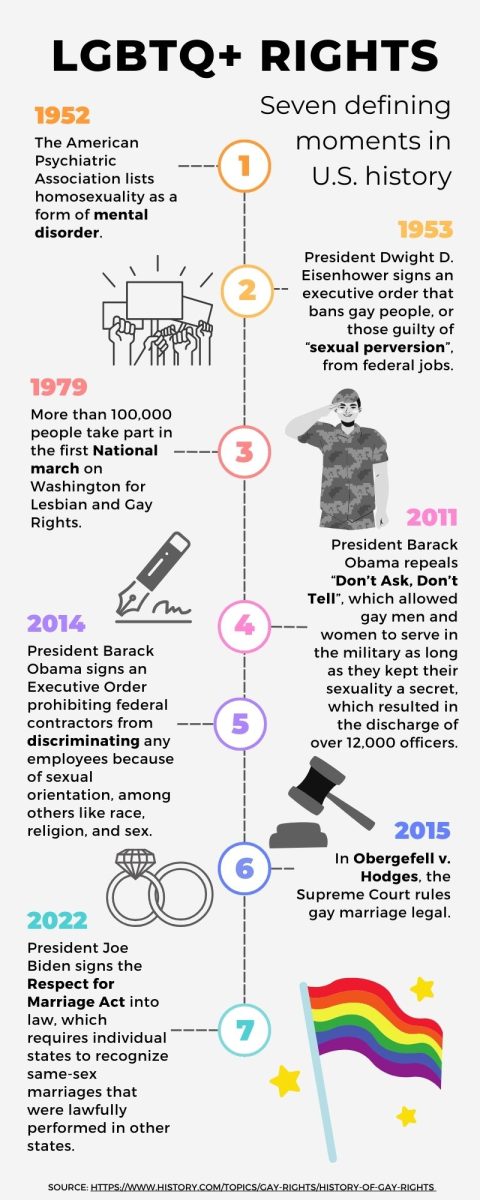
“My mom is from Ecuador, so it’s a very traditional country down there, and so the reason she’s been finding it harder to understand my identity as trans is just because it’s like a taboo thing back in Ecuador,” George said. “Nobody talked about it, and so she has no knowledge on the subject. It’s just made me feel like I can be less open about myself at home because my mom doesn’t know much about it. I don’t want to overwhelm her with information.”
However, in spite of national differences, worldwide acceptance of homosexuality is on the rise. In 2002, only 51% of the US population said homosexuality should be accepted by society, compared with 72% in 2019. This change is also reflected in legislation – in 1953, President Dwight D. Eisenhower signed an executive order banning gay people, or those guilty of “sexual perversion” from federal jobs. Decades later, in 2015, the Supreme Court ruled gay marriage legal.
“The pendulum swings one way and then it goes out of equilibrium and it’s gonna swing back,” Turner said. “We got the marriage equality thing and that seemed like a huge win but it seems like there’s been some pushback to that too.”
As part of the LGBTQ+ community, Turner himself has been on the receiving end of homophobia. Once, after confronting a student who was vaping in his classroom, Turner received a threatening email that referenced his sexuality, which Turner immediately traced back to that student.
“He immediately confessed and apologized and they came to me and asked if I was still okay with him being in my class and I said ‘no, he should stay’,” Turner said. “I don’t want him to think your first mistake would be it, that you could never come back from it or that I was even that ruffled.”
Above all, Turner emphasizes the need to avoid retaliation.
“You don’t have to put up with it, but don’t return the favor either,” Turner said. “You want to be able to show the right way to behave when things like that happen the best you can. It’s not hard to do, but in the moment it’s not easy to remember. You get to choose how you respond to people and you should choose a way that is not going to fall in line with what they’re trying to get from you.”
Shillingburg attributes negative attitudes toward the LGBTQ+ community to a “lack of understanding”.
“Adults have a hard time with things that they don’t know,” Shillingburg said.
After an initial year spent learning and observing the school community, Shillingburg emphasizes the need to create a “safe place” for all students, from the most liberal to the most conservative.
“It just comes down to being open, honest, and being careful of the things you say otherwise,” Turner said. “If you want to make a place that’s safe for them, safe for anyone, you try your best not to be in any way derogatory. Students will catch onto that really fast.”
Shillingburg also highlighted the ability to love others for who they are, condemning the discrimination and threats toward LGBTQ+ students as “awful, evil, and wrong”. At the school level, Shillingburg heavily promotes values like Ranger PRIDE: punctuality, respect, integrity, determination, and engagement.
“If you really have a problem with marrying the same sex, then don’t marry the same sex,” Turner said. “That’s all that should really matter. I don’t know why it would be a problem, but because it is and has been a problem, you can’t stop watching and making sure that people are working to whittle away at it.”
The student code of conduct also prohibits bullying and harassment. At the state level, Senate Bill 179, otherwise known as “David’s Law”, provides for anonymous reporting for students experiencing bullying and authorizes school principals to report certain incidents to law enforcement.
“I know that everybody kind of has their own opinion and you’re allowed to have your own opinion, but I feel like going out of your way to make someone feel bad about themselves is just not nice,” Francisco said. “Even if you think that you’re supposed to do that, and you’re supposed to stop people from expressing themselves, I would just say mind your own business.”
As much as the LGBTQ+ community faces pushback, one prevailing positive is the community. Alex said finding other queer people has helped her combat self-hatred.
“A lot of the positives is feeling like you’re not the only crazy person, or you’re not the only person that goes through this, or [that] has so much self-doubt over being secure in your own being,” Alex said. “But I’ve gone to a lot of LGBTQ support groups, I’ve been to LGBTQ parties, stuff like that, and I’ve found a lot of positivity and it honestly has helped my mental health a lot.”
Reflecting on his own experiences as part of the LGBTQ+ community, Turner said that though he doesn’t take much offense to microaggressions, tearing down posters does more than hurt the LGBTQ+ community.
“If you’re doing things like that because you think you’re going to hurt just one group or just one kind of person, you’re wrong – it’s gonna hurt everyone,” Turner said. “It hurts the whole community. You’re making yourself a representative of the hate in the community rather than what could be the love in the community. Why would you choose to do that?”

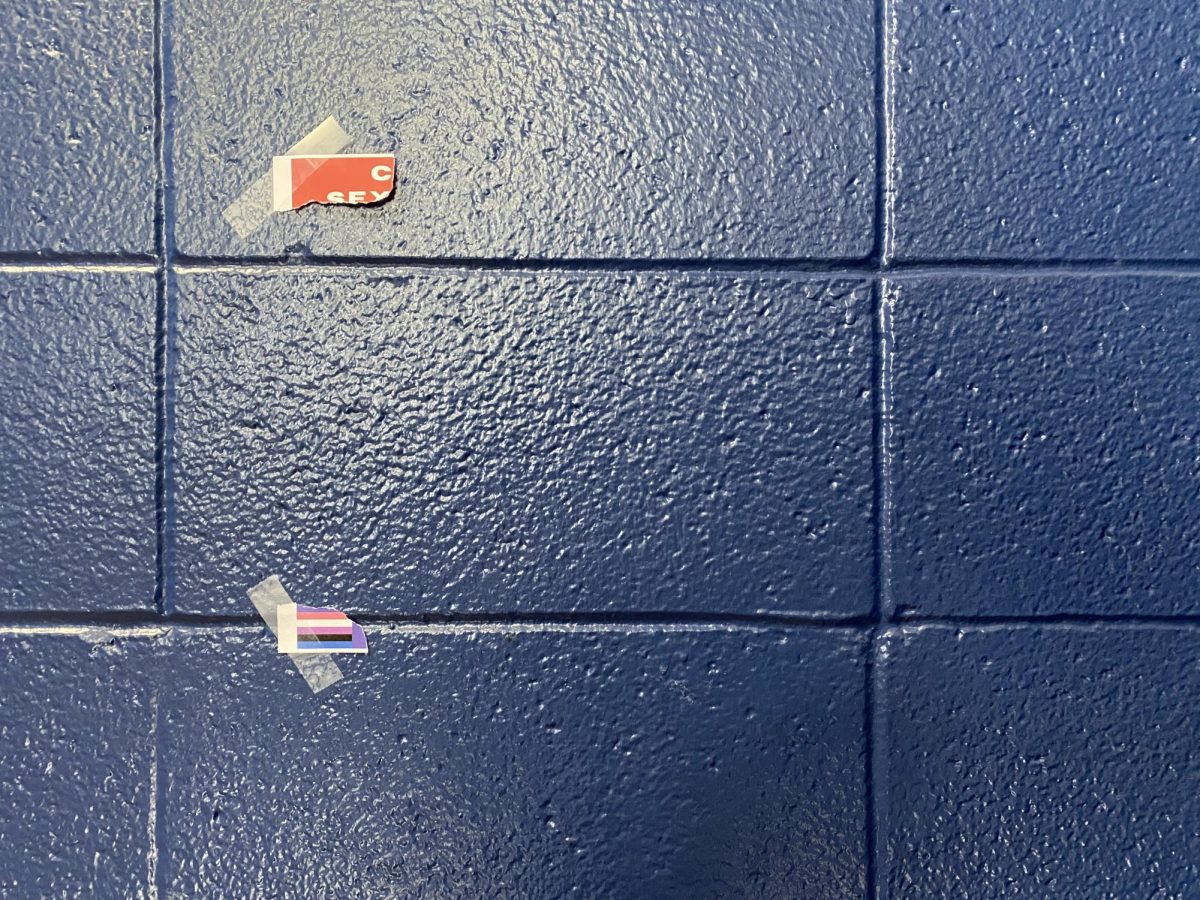

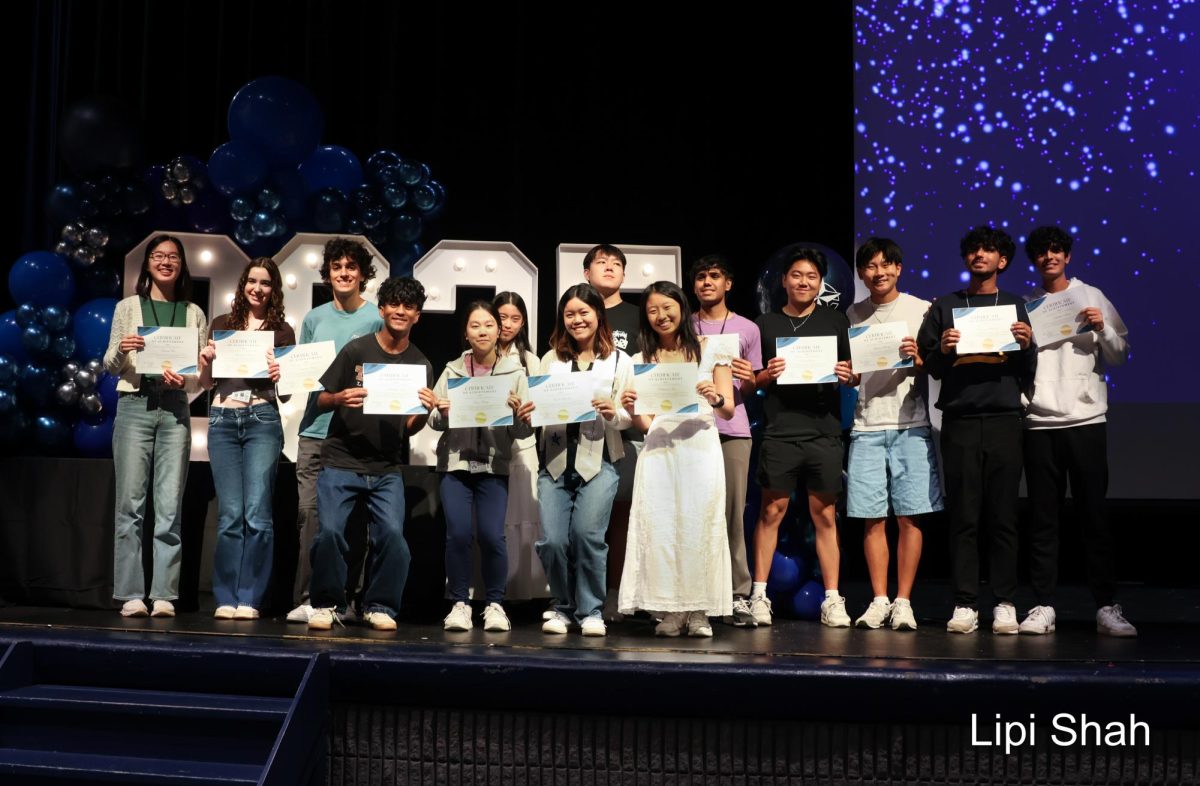


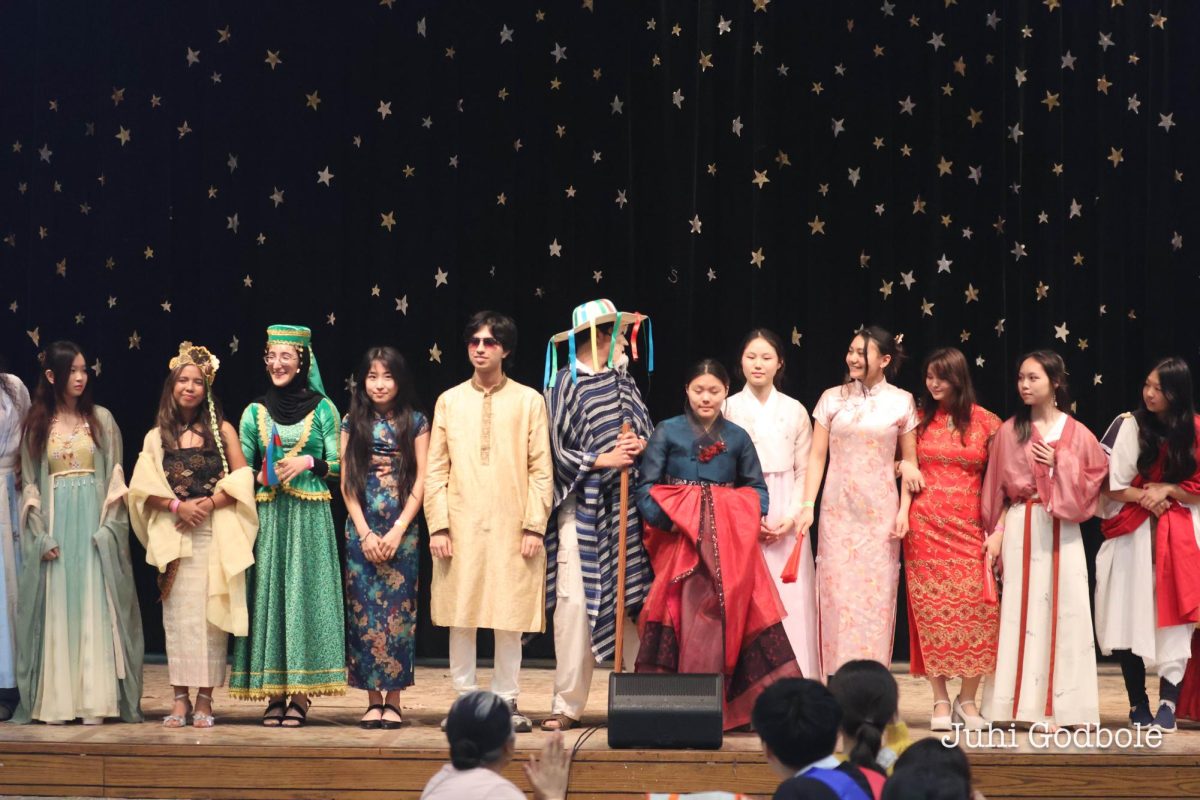
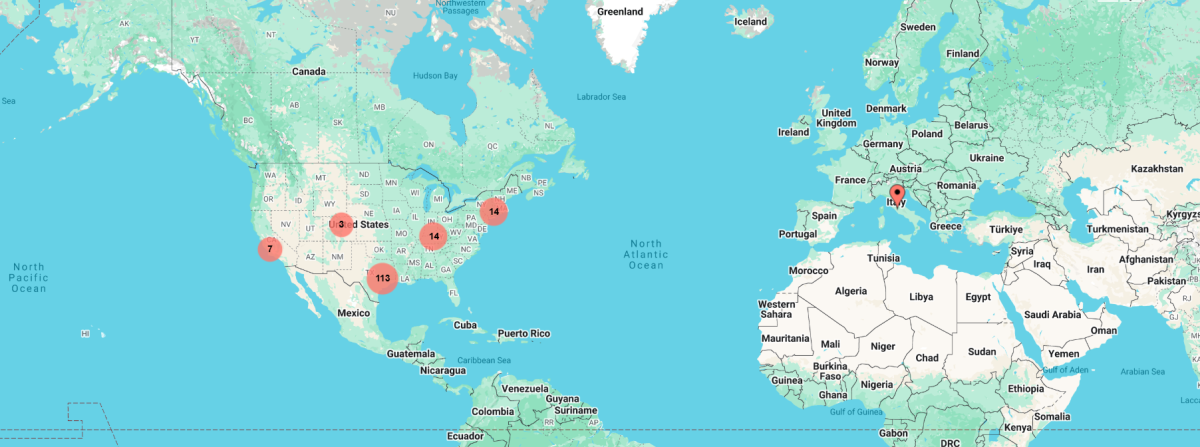

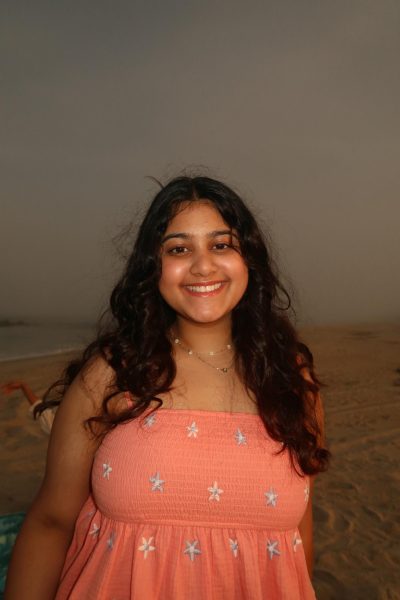
Krishnaswamy Kumareshwar • Jan 13, 2024 at 8:44 am
Oh me, oh my! I cannot believe that such atrocities are occurring in my daughter’s school! I hope that everyone can feel safe and welcome in their school; no one should have to be afraid or uncomfortable in their school. This is not the RANGER SPIRIT!!!